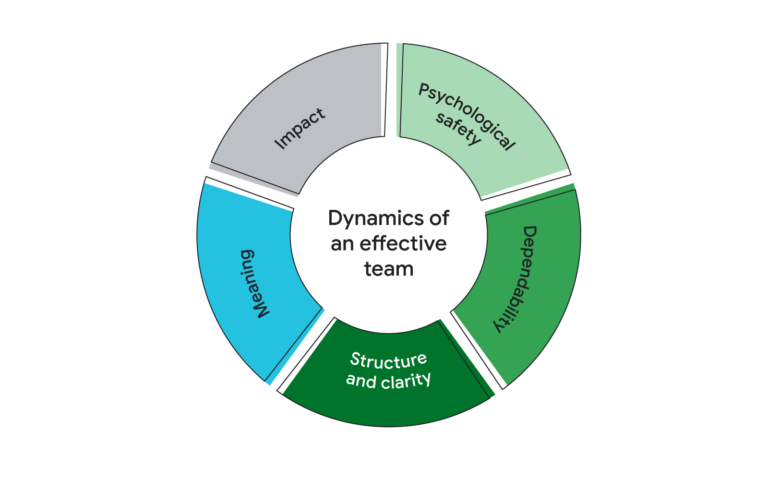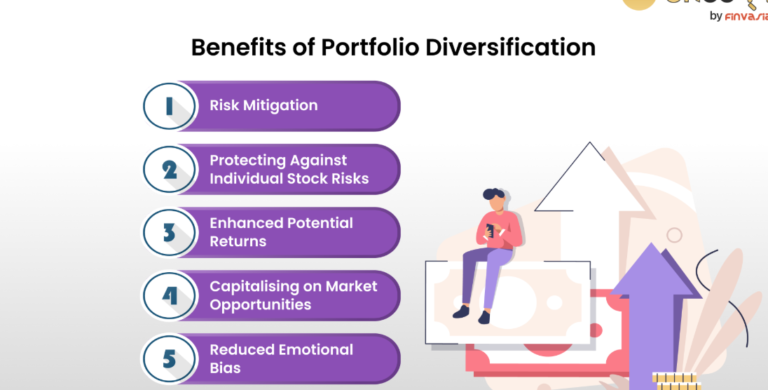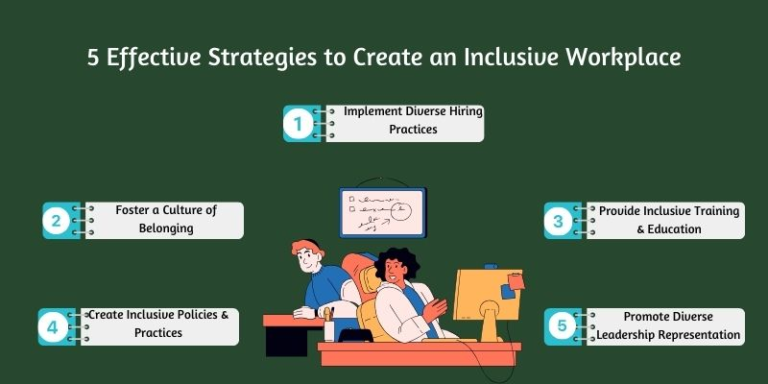
In today’s dynamic business environment, trust is not a one-time achievement—it is a continuous commitment that requires deliberate effort. Professionals who consistently demonstrate reliability, authenticity, and value are able to cultivate enduring client relationships that withstand the challenges of time. By adopting habits rooted in professionalism and integrity, you can establish a robust foundation where trust is not only built but thrives.
1. Prioritize Clear and Transparent Communication
Trust starts with clear and consistent communication. Professionals who keep clients updated, set clear expectations, and stay accessible show strong reliability and accountability. In complex situations, transparency reassures clients that their priorities come first. Over time, honest and steady communication sets you apart. Nathan Garries, a Certified Financial Planner with Beyond Business Financial Solutions, keeps clients informed and instills confidence through his expertise and reliability. Raised in a family of financial professionals, Nathan Garries Edmonton developed a strong foundation in investing, saving, and understanding risk and reward from an early age, gaining these insights both at home and throughout his upbringing.
2. Honor Commitments Without Compromise
Delivering on promises is fundamental to building trust. Meeting deadlines, fulfilling commitments, and consistently following through reinforce a reputation of reliability. Challenges may arise, but addressing them with composure, providing timely updates, and finding effective solutions demonstrates a high level of accountability. Each time you honor a commitment, you reinforce your client’s confidence in the partnership, creating a solid foundation for long-term success.
3. Practice Empathy and Deep Understanding
Empathy is a powerful tool in fostering trust. Taking the effort to understand your client’s unique challenges, industry-specific context, and business objectives reflects genuine care and a thoughtful approach. Actively listening, asking informed questions, and offering tailored solutions demonstrate that your clients are valued, not merely as business partners, but as individuals. Over time, this deeper connection cultivates loyalty and drives mutual success, resulting in relationships founded on trust and collaboration.
4. Uphold Confidentiality and Professional Integrity
Maintaining discretion is an indispensable aspect of sustaining long-term client relationships. Clients must feel assured that their sensitive information is handled with the utmost care, respect, and sound judgment. By protecting confidentiality and embodying professionalism in every interaction, you establish a reputation for integrity that endures. Warren Buffett, CEO of Berkshire Hathaway, serves as an exemplary model. During the 1997 Dairy Queen acquisition, Buffett upheld strict confidentiality, ensuring discussions remained private and avoiding leaks. His steadfast commitment to ethical conduct underscores the trust he has earned as a business leader.
5. Focus on Long-Term Value Over Short-Term Gains
Clients place their trust in professionals who prioritize sustainable success over immediate results. This involves listening to their specific needs, recommending strategies that align with their long-term goals, and focusing on delivering meaningful and lasting value. By emphasizing their overarching objectives rather than short-lived outcomes, you strengthen the relationship, reinforce shared visions, and position yourself as a trusted partner rather than a transactional service provider. This practice fosters trust, encourages collaboration, and enhances the resilience of the partnership.
Trust is built through consistent actions, clear communication, and professionalism. By adopting these five habits, you can foster an environment where trust grows, partnerships thrive, and mutual respect anchors client relationships. These small efforts lead to lasting success and stronger professional connections.



